first, let’s look at the definition of male gaze!: the perspective of a notionally typical heterosexual man considered as embodied in the audience or intended audience for films and other visual media, characterised by a tendency to objectify or sexualise women.
The term “male gaze” was introduced by film theorist Laura Mulvey in her 1975 essay “Visual Pleasure and Narrative Cinema.” She used it to describe how women in film are often portrayed from a male perspective, turning them into objects of desire for male viewers. Mulvey’s idea highlights the power imbalance in how stories are told and who gets to do the looking.
The male gaze influences how women are seen and portrayed both on and off the screen. On-screen, it often presents women as objects of desire, reducing them to how they look or serve male characters’ stories. Off-screen, this perspective can shape how women see themselves, feeling pressured to meet unrealistic standards of beauty or behavior.
For many women, the male gaze can feel limiting or dehumanising, as it prioritises male perspectives over their own experiences. However, some women challenge it by creating art, films, and stories that reflect their own gaze, reclaiming their narratives and showing themselves as complex, multidimensional people.
The male gaze and “sex sells” are like close cousins in the world of cinema-but they’re not quite the same.
The male gaze is all about perspective: it frames women on screen as objects of male desire, focusing on how they look rather than who they are. It’s the reason female characters often get slow-motion hair flips while their male counterparts get, well, actual storylines.
“Sex sells,” on the other hand, is more of a business move. It’s about using sexuality to grab attention and sell tickets, often leaning on the same male-centered ideals. When a movie slaps on a steamy poster or adds an unnecessary lingerie scene, that’s “sex sells” in action.
The overlap? Both reduce women to their looks and appeal to the male gaze-but where the male gaze is about storytelling (or lack thereof), “sex sells” is all about the cash. Either way, the joke’s on us if we don’t call it out and demand better.
Let me give you an example, in so many kids movies we see female characters get sexualised just to fit a certain criteria for the male viewers Tinkerbell, Lola bunny, Jessica rabbit, Lola and so many more I looked at have a very distinctive look to them they all have the perfect bodies, perfect hair, no flaws about them that’s what the men want to see. It’s not just the animated females in the movie scene that are preyed upon by men. It’s the real life ones also Megan Fox, black widow, Wonder Woman and Catwoman!, I saw a picture that I will put below of Catwoman’s costume being more exposed over time and also all the pictures of the lovely ladies I listed and you can see why I listed them.
there’s absolutely no reason why any of the superheroes should be showing a bit of cleavage they’re not trying to seduces so what’s the need and there’s no need for Tinker Bell‘s dress to be so short that she has to be careful when she bends down in front of kids and Peter Pan 😖!
To end this male gaze it’s horrible and we literally see it in our everyday lives, in movies ,TV and hear about it in music and even experience it in real life…!
‧₊˚✧Hope you enjoyed reading ✧˚₊‧


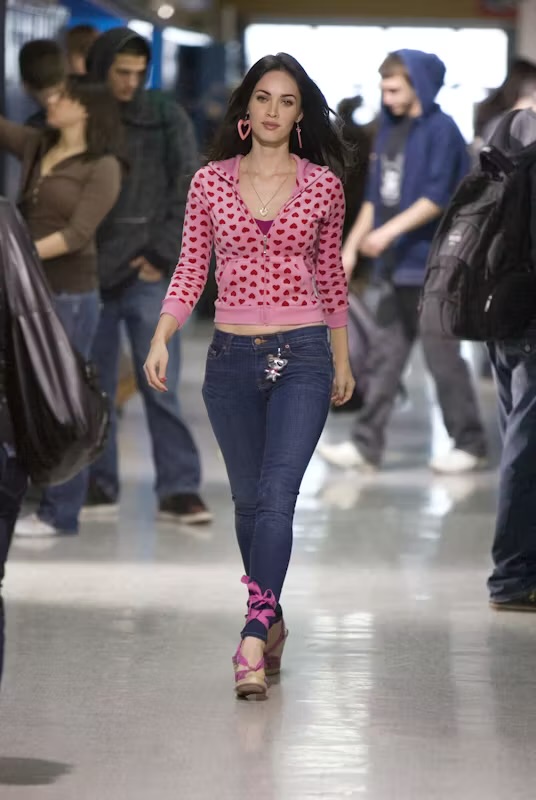
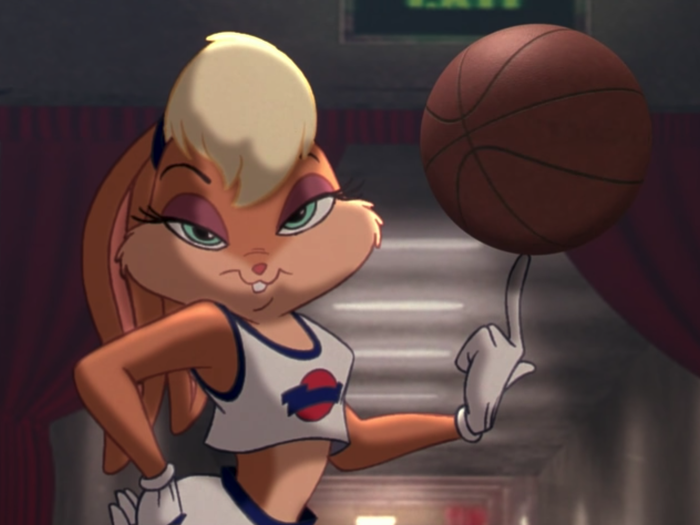
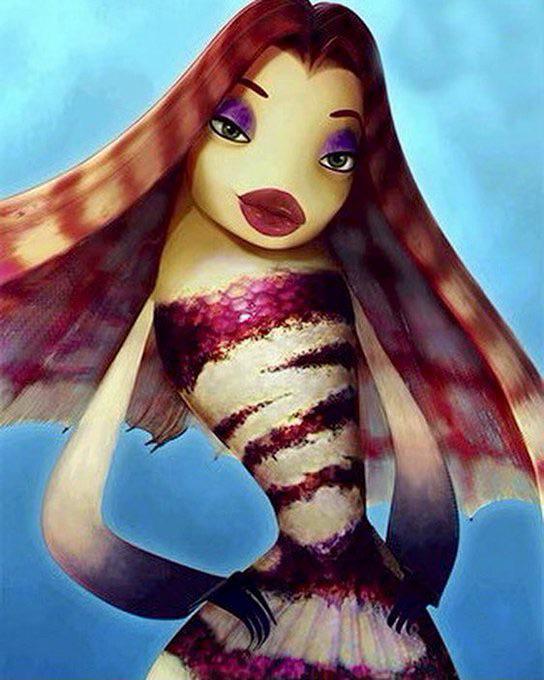
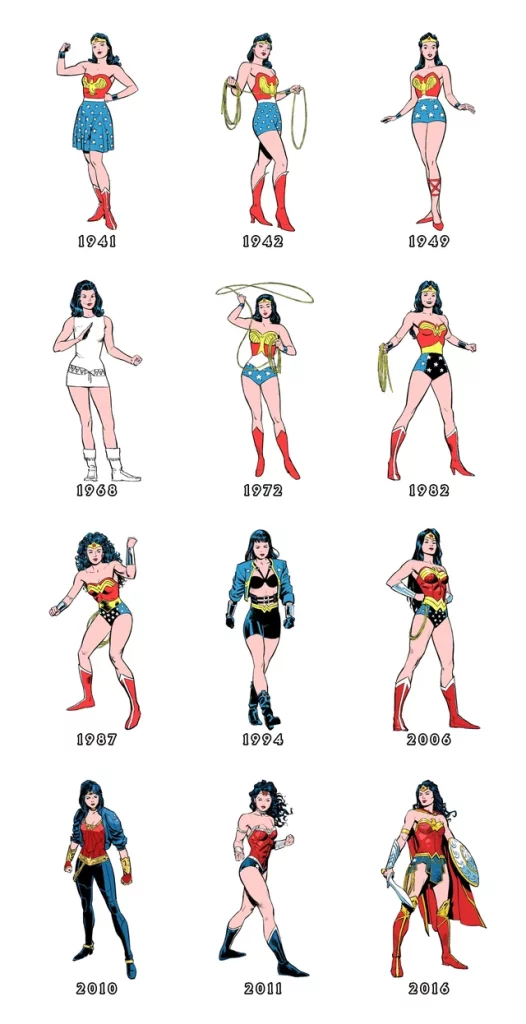
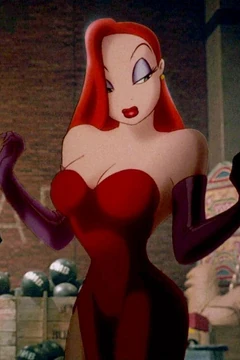
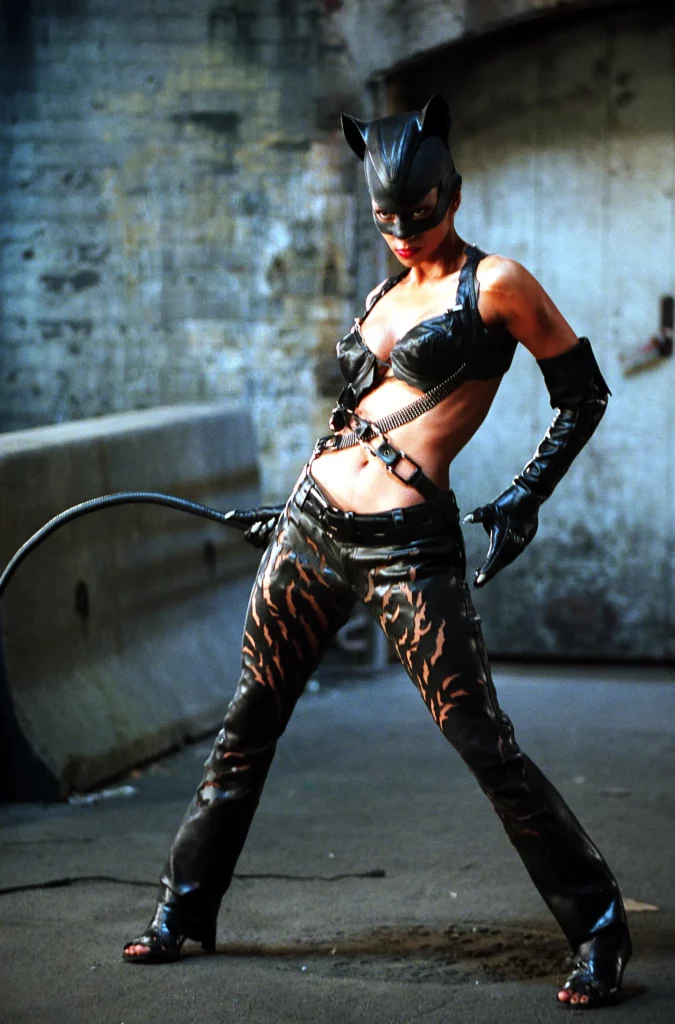
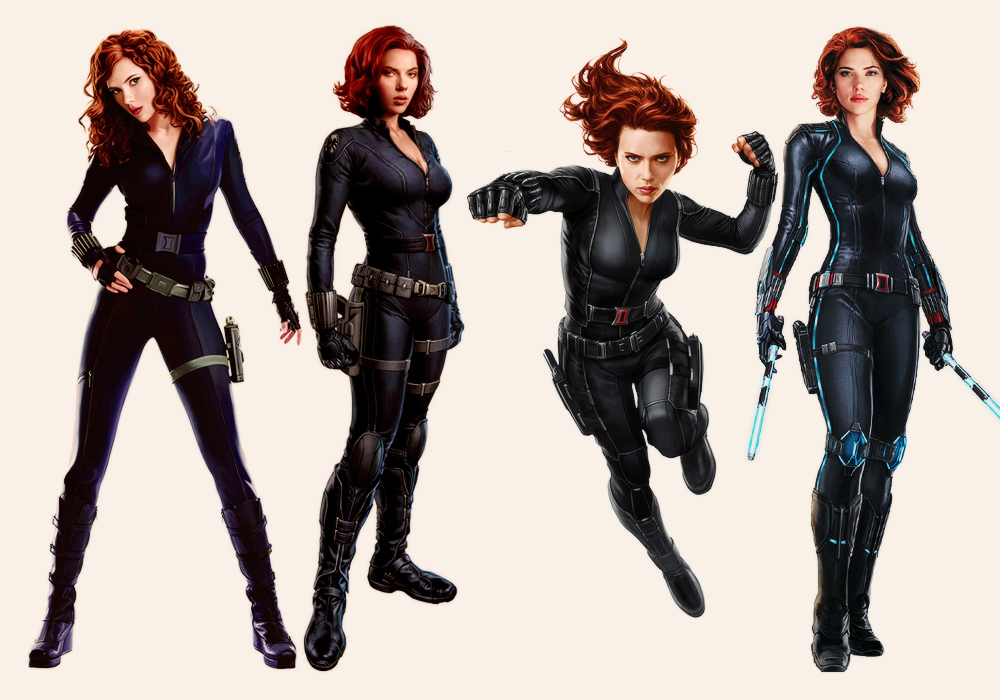
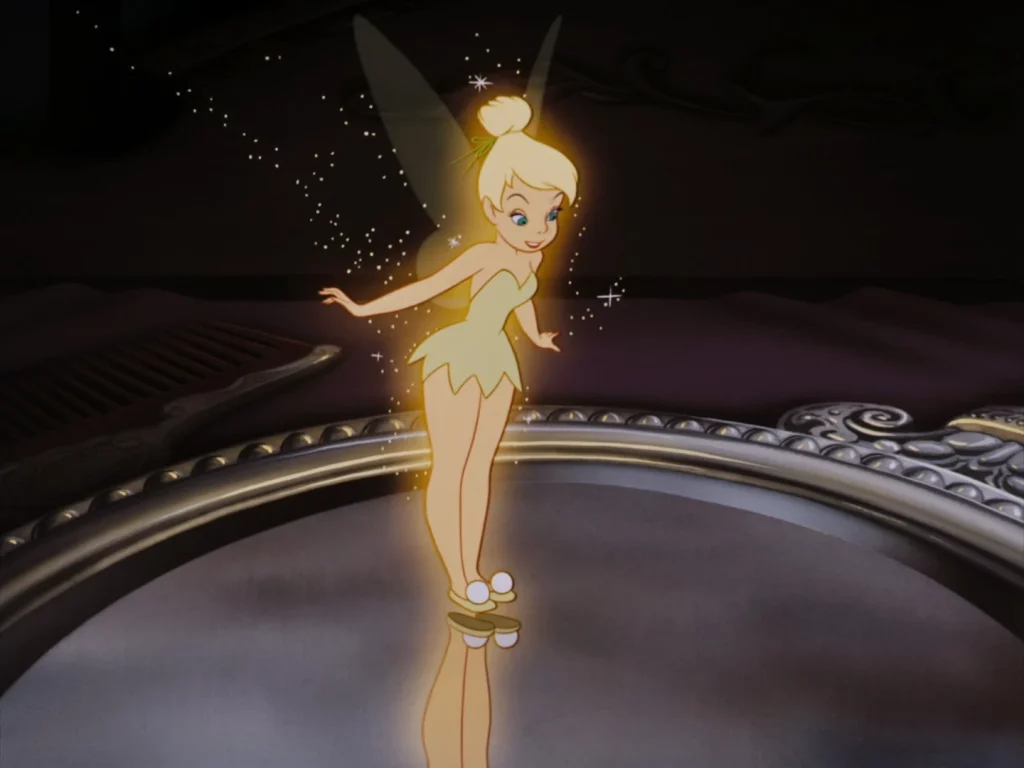
The objectification of women is really a concern, whether it is in film and television or in the sale of goods, as you mentioned, the male gaze is everywhere. The desire oriented entertainment causes this imbalance of power to occur in this way. I agree with your distinction between the male gaze and “sex selling”, although they both have the purpose of stimulating male desire, the perspective is not the same as male-centered thinking. We call for men and women to have the same rights and oppose this perspective that objectifies women. In essence, we are calling attention to human rights, because there are human rights, so that men and women have the same pay, they have the same work; Because of human rights, no one should be required to make intentional sexual innuendo in a film or television production for all viewers to see; Because there are human rights, it is not appropriate to deliberately create an allusion to the gender of the target. The issue of equal rights between men and women can be regarded as the neglect of human rights, and the concept of male gaze points out that it is women’s protection of their own human rights. I like your blog very much. I learned a lot from it.